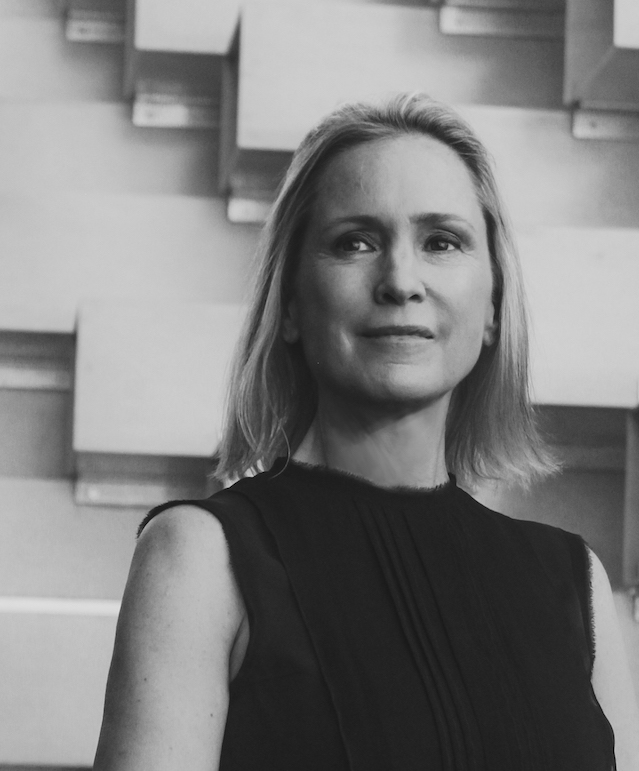Creative Entrepreneurs
Carolyn Dailey is the founder of Creative Entrepreneurs, the movement she launched in January 2016 at No. 10 Downing Street, to help creative people turn their ideas into successful businesses. We talked to her about what inspired its development, creativity in the UK and plans for 2018.
-




